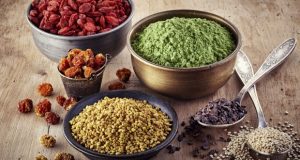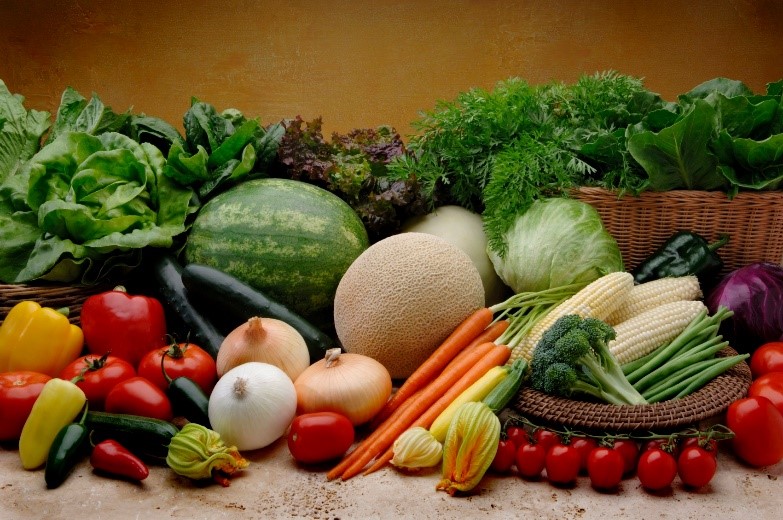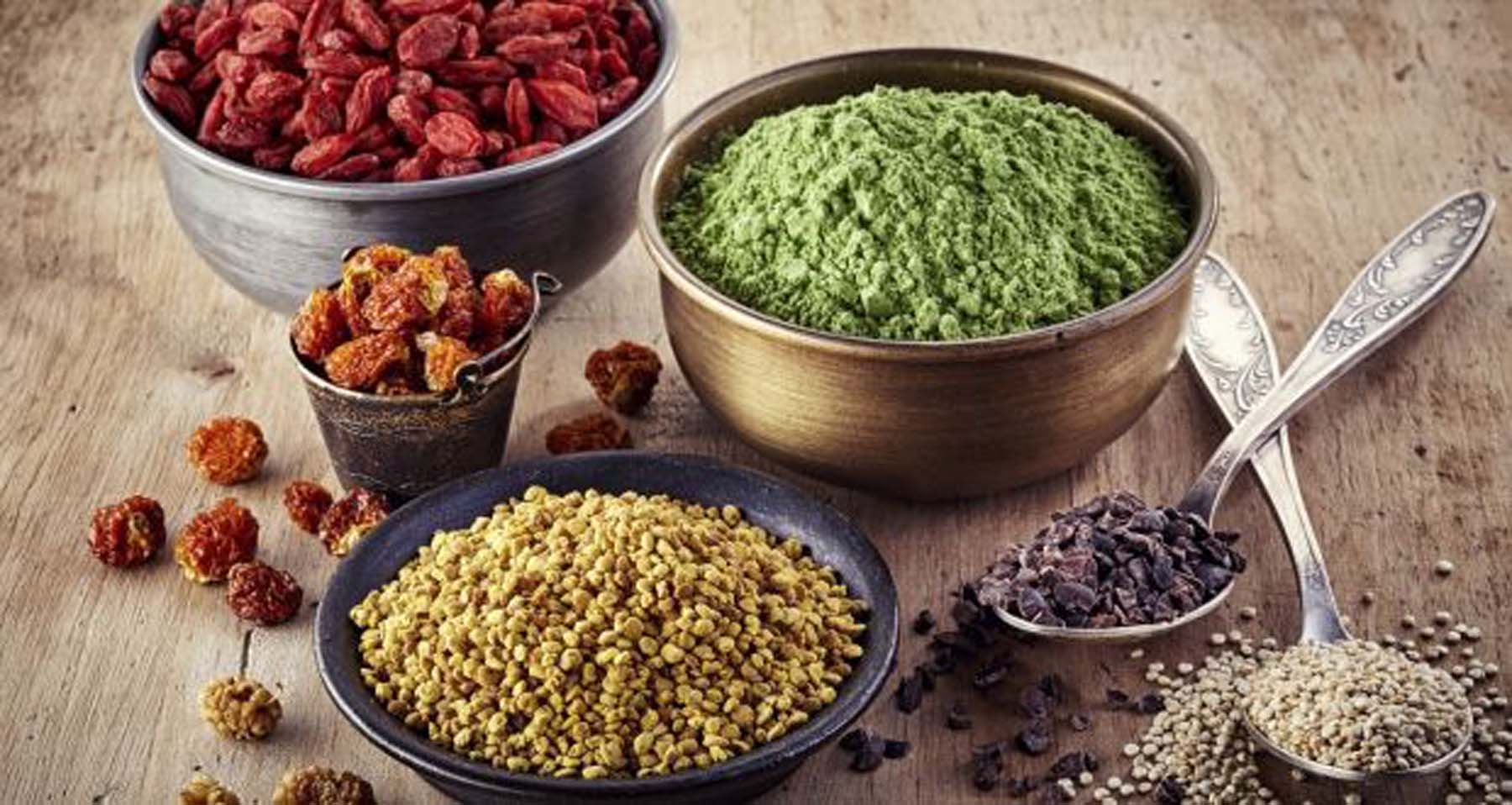It seems that every few months there is a new and amazing ‘superfood’ being promoted with recent members including maqui berries, moringa and chaga mushrooms to name only a few. So, what exactly is a ‘superfood’?

The term superfood was initially used as a marketing slogan in the 1940’s and has no scientific basis behind it at all. That is to say that there is no health body or scientific study which classifies certain foods in a category all their own as superfoods. Sure, there are some foods that are more nutritionally dense than others, foods with more of a certain vitamin or mineral within and foods which support certain health conditions more than others, but they aren’t classified as ‘superfoods’ and certainly shouldn’t be consumed in exclusion to other foods. Many nutritionists feel that lauding one food over another is misleading and particularly if the motivation behind doing so is to make you buy a certain product over another. In doing so people can be mislead into eating much more of one type of food over another which can cause an imbalance within the body.
Diet Fads
We certainly do know that there are definite foods to avoid such as too much sugar, red meat and processed foods as advised by the World Health Organisation, but there are so many diet fads which are purported to be based on scientific evidence which have an unhealthy emphasis on superfoods with headlines such as ‘Eating Kale three times a day can cure your…..’ Or ‘My superfood smoothie diet helped me lose 3 stone!’. Unfortunately these ‘scientific studies’ are often of low quality and bias to a particular result and cannot be independently replicated to achieve the same results. In todays ‘instant’ society we are too hung up on having things now – too impatient to wait – we want everything quickly as we are all so busy, but our bodies don’t work like that. Sure – your fad superfood diet may help you lose weight in the short term but in the long term you will most likely end up not being able to sustain it and gain the weight back or worse, suffer from nutritional deficiencies. A healthy body takes time, patience and a long-term change in eating habits. This does not need to be expensive; you do not need to invest in every ‘superfood’ that comes on the market.
Remember, the term superfood is only coined and used by the manufacturers and sellers of food products.

Eat a Varied Diet
The best advice is to make sure you eat a sensible, varied whole-food, plant-based diet consisting of a minimum of 5 fruit and vegetables per day (ideally 2 fruit and 3-4 (or more) vegetables). They should all be different, and you should ensure you eat a variety of colours and range of beans, peas and lentils on a daily basis. Don’t spend your hard-earned money on foods which people claim to be a superfood and ignore any new claims of superfoods unless it is supported by reputable scientific evidence – just eat healthily and sensibly is the best advice.




